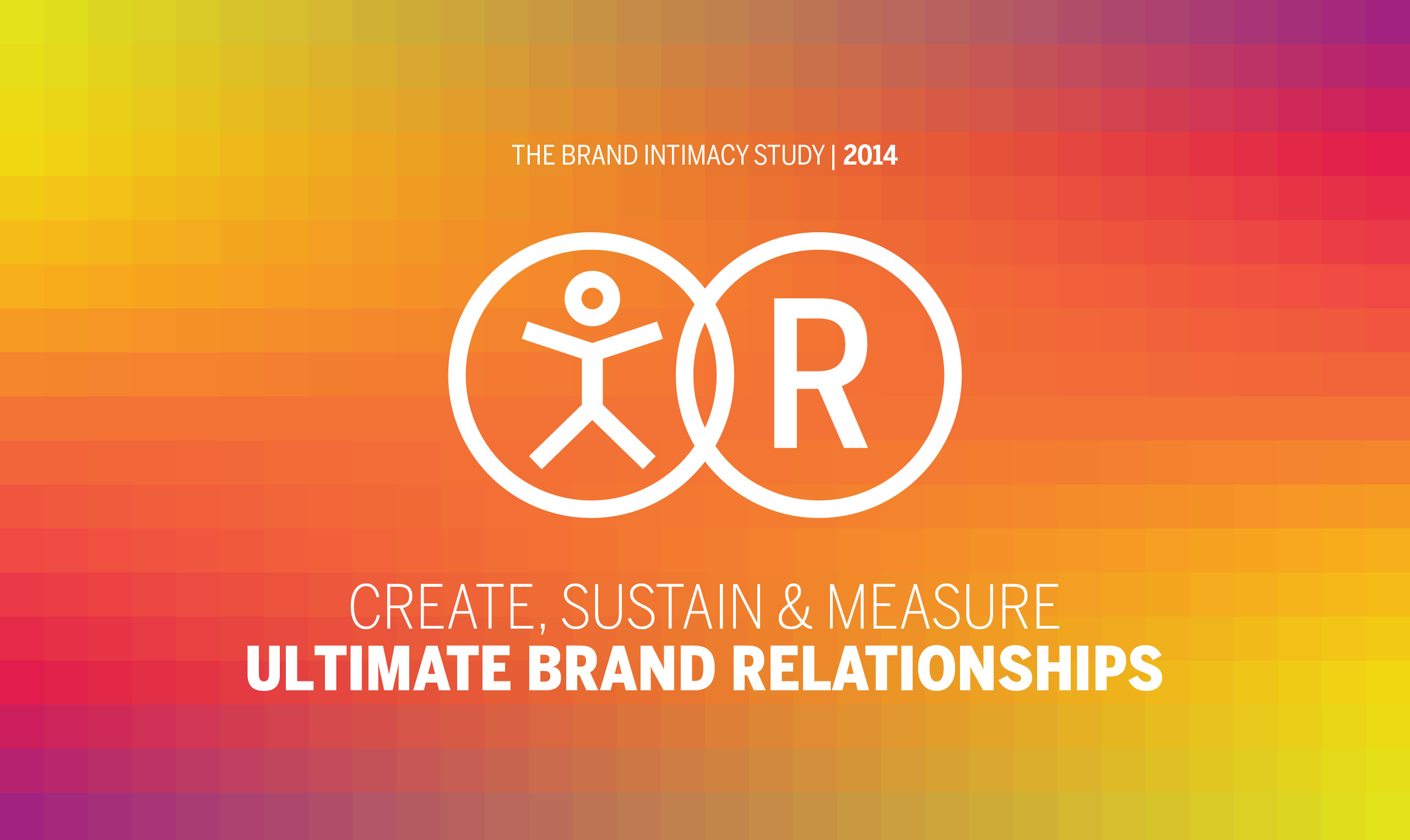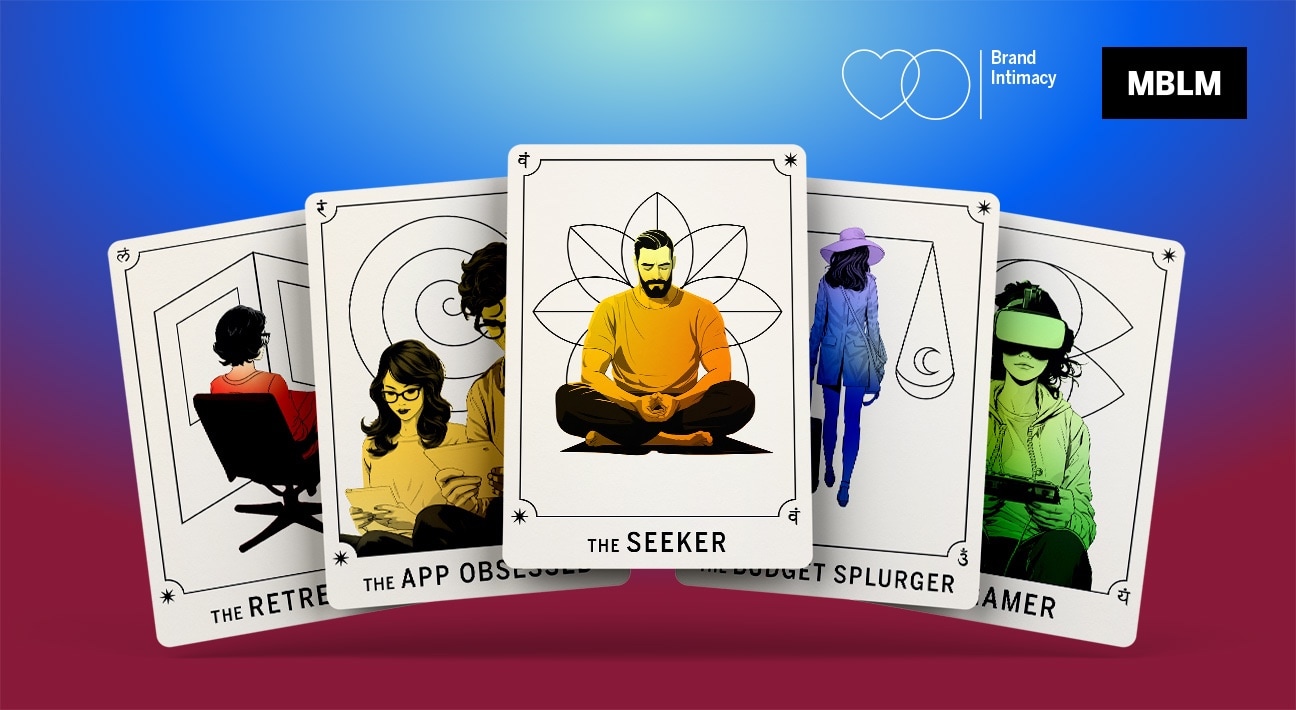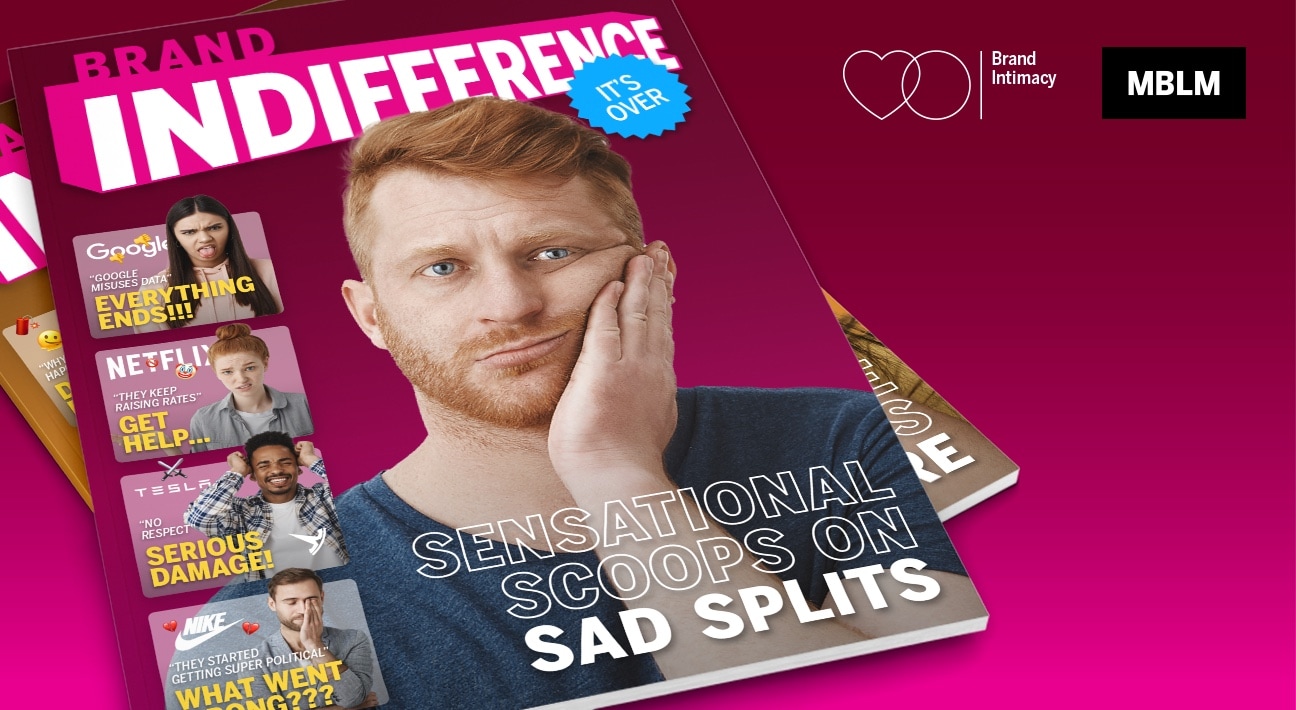MBLM Releases 2014 Brand Intimacy Rankings

Independent marketing agency MBLM (pronounced “emblem”) today announced the release of its annual Brand Intimacy Study that features rankings for the first time. In the United States, top-performing intimate brands by industry include Apple in High Tech (ranked 1st), Nike in Apparel (ranked 3rd), Starbucks in Retail (ranked 4th), Ford in Automotive (ranked 7th), and Clorox in Household (ranked 8th).
The brand rankings comprise six universal truths (archetypes) consistently present among intimate brand relationships. They explain the character and nature of ultimate brand relationships. Additionally, the rankings reveal the prevalence and degree of intensity between the consumer and brand (stages). With behavioral science demonstrating that how we feel about a brand is the single best predictor of behavior, it is notable that intimate brands outperform brands measured by other means such as the S&P 500, Fortune 500, and Interbrand’s Top 100.
“We believe that brand intimacy defines a new paradigm between consumers, brands, and technology,” says Mario Natarelli, managing partner at MBLM. “Anyone in the business of creating products, services or marketing and communications can gain critical new insights from a study such as this one. Companies of all sizes looking to compete more effectively either by attracting more customers or making existing customers more valuable will also find brand intimacy a tremendous asset.”
Other key findings include:
- Apple stands alone as today’s gold standard in brand intimacy with composite performance scores that surpass the No. 2 brand by eight times in the United States, three times in Germany, and four times in Japan.
- Only 24 percent of consumers screened showed a high likelihood of having brand-intimate relationships, though the consumers in our study averaged between two and three each, with half of those in the initial stage of brand intimacy—Sharing—and half in the deeper stages of Bonding and Fusing.
- The vast majority of the top 20 brands in each country are those that people use frequently in their lives and work, suggesting that daily accumulation of experience may help fuel the process of emotional attachment leading to brand intimacy.
- Tech brands dominate, making up 33 percent of the top 20 most intimate brands across the three countries while accounting for 49 percent of the total intimate brand relationships measured.
- From a geographical perspective, Americans are the most brand-intimate consumers; Germans are notable in that they are the most likely to have intimate relationships with car brands; and the Japanese are the only consumers to rank luxury brands as intimate. These make up one-fourth of the Japan top 20 rankings.
- Interestingly, Facebook, Twitter, and Instagram—as well as other social media brands—do not rank among the top 20 in any of the three countries despite a broad sampling of consumers between the ages of 25 and 65.
- Other traditionally leading brands, such as IBM, Microsoft, GE, and Disney, and financial services brands are also notably absent from the brand intimacy rankings.
A newly launched interactive brand ranking tool enables people to examine the top 20 intimate brands across three countries and features consumer quotes. Users can compare brands of their choosing to gain additional insight and information.
MBLM’s brand intimacy rankings are based on a unique evaluation system that takes into account the ubiquity, character, and depth of a brand’s intimate relationships with consumers. The rankings incorporate research findings of a two-month, online “insight community” conducted in partnership with Brain Juicer with more than 350 men and women, 25 to 65 years old in Germany, Japan, and the United States, resulting in more than 20,000 brand-specific stories.

